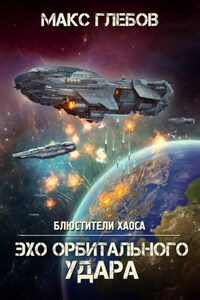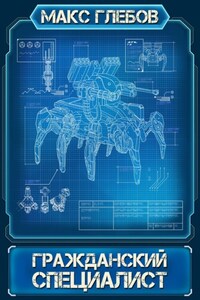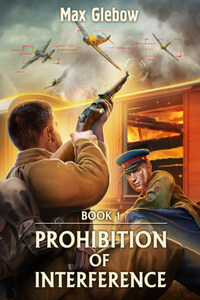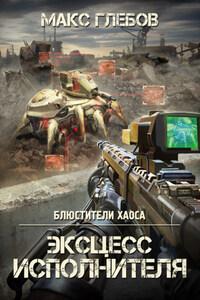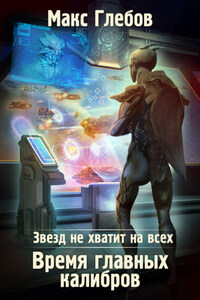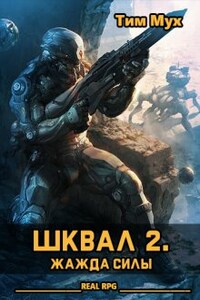The counterstrokes of the 40th and 21st Armies had no chance of success. These armies, severely weakened in previous battles for Kiev, even after replenishment were not powerful enough to break the encirclement ring and reopen the corridor to the remnants of the three armies trapped in the pocket. However, this was the case where it was impossible to win, but the troops had to go into battle anyway, as no one in the Headquarters of the Supreme High Command even wanted to think about leaving 200,000 men to die in the pocket.
The computer nonchalantly showed me the dry numbers of the balance of forces. It had no special programs to predict the outcome of battles. These programs remained at the moonbase, where scientists would have easily calculated for me the probability of success for each side, the optimal strategy and tactics for both adversaries and the mathematical expectation of loss. Nevertheless, some estimates could be made with the means at my disposal.
I didn't have a lot of time to figure out satellite management, but I tried to make time for it. It was very difficult. If there was something I didn't understand in the manuals, and this happened quite often, I had no one to ask for help. My basic education was not at all designed for the tasks I had set for myself. The satellites management interface implied that the operator had a certain level of knowledge, and the manuals were also designed for people with this knowledge. As a result, I just didn't understand some of the terms. The rescue capsule computer managed to help me on occasion by providing reference information, but its databases were also not compiled for controlling scientific satellites, and certainly not for helping a pilot create programs to analyze the combat capabilities of pre-space-era armies.
I was taught the basics of programming. It was thought that the pilot as a user of numerous space combat simulators should have an idea of how they worked. No one, of course, did expect that I would change any parameters of the source code to suit my purposes, or that I would look for undocumented features of the programs, but the developers of the course thought that I should understand the principles of computer decision-making, at least in general terms.
This subject seemed to me at first completely useless, but I suddenly became interested in it for a while, seeing it as a good exercise for my brain, and the head of the study department was greatly surprised. Then I gave it up for current affairs, but I still had some skills, and now I was genuinely happy about that old hobby.
My immediate superior was Senior Major of State Security Sudoplatov, a figure who enjoyed enormous prestige and almost unlimited confidence in the Commissariat, headed by Beria, which he had earned through his dangerous but murderously effective operations to eliminate the head of the Ukrainian nationalists Evgeny Konovalets and Lev Trotsky, Stalin's personal enemy. Frankly, I was wary of Sudoplatov, and I did not want to tell him the results of my reflections, which made me very skeptical about the idea of unblocking the troops encircled near Kiev by the attack of the 40th and 21st Armies. I didn't want to hear him accuse me of defeatism.
However, I couldn't just go about my day-to-day business, watching counterattack attempts fail one by one. In general, I realized one simple thing – this war was gradually ceasing to be a foreign war for me. I used to consider as my own only the Red Army soldiers and commanders directly surrounding me, those people with whom I went into battle together, but as time went on I began to realize that this concept was rapidly embracing more and more people. At some point, the air defense platoon became my own, then the entire composite battalion of General Muzychenko, then the 300th Division, the artillery regiment of Lieutenant Colonel Tsaitiuni, and nowadays the entire Southwestern Front, now torn by the Germans into two parts and divided into encircled and those outside the pocket, seem to have fallen into the same category.
It cost me a lot of trouble to get the artificial intelligence left in the escape pod and the satellites' onboard computers to work together. Before the destruction of the moonbase, they did not interact with each other in any way, and it was believed that they should not interact with each other. Theoretically, the access codes I had allowed me to pair these devices with each other, but in practice I spent hours on this task. But now the training of the artificial neural network I created to simulate the actions of the Russian and German armies, was much more efficient. And most importantly, this process did not require my direct participation. Direct access to the Satellite Network databases allowed the capsule computer to draw from them all the necessary information about the course of battles and maneuvers, the practice of using this or that weapon, the abilities and skills of commanders, in general, everything that needed to be fed to the neural network to train it on historical data.

